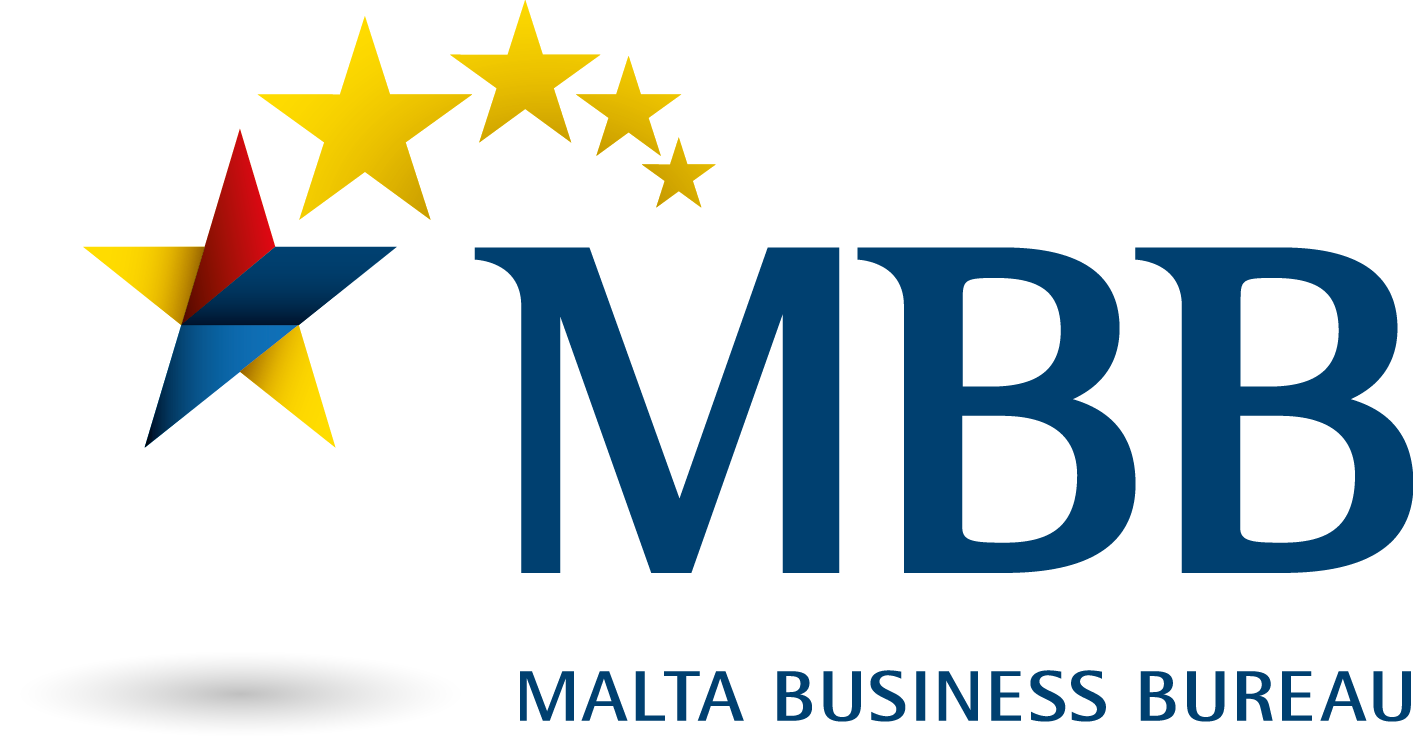
Background
The Short-Term Rental (STR) regulation establishes a framework that will protect and benefit consumers, residents, local communities, and the entire EU tourism ecosystem. Short-term accommodation rental services have existed for several years alongside hotels, hostels, or bed and breakfasts. With their increase in popularity, along with the positive opportunities created for the tourism industry, many challenges are now more prominent affecting the local communities and public authorities. Such difficulties include the lack of reliable information on these types of short-term lets. Without accurate information on the hosts and the nature of the stay of those making use of the service, authorities, are not equipped to develop and enforce a comprehensive policy response.
Within the EU, this problem is even more prominent given the fragmentation that exists from one country to the other. Different countries have different procedures which becomes an issue when dealing with online platforms offering short term accommodation across borders. These diverging transparency requirements work against the fundamentals of the single market.
The economic weight of STRs
European Commission figures state that around 25% of European tourist accommodations are short-term rentals. This figure is increasing exponentially. As a result, STRs are central to the European tourism sector given the number of touristic accommodations they represent within the European market. This growth can be attributed to the now-established online platforms such as Airbnb and Booking.com.
The EU STR regulation is long overdue, but as it was finally proposed by the Commission, it is expected to provide a clearer picture on the exact nature of STR activity that represents the market today. More information on the level of activity by individual hosts versus professional listings will provide the tools for public administration to follow with a policy response on better management of STR services.
General observation
The MBB welcomes the proposal for an STR which lays the foundations to bridge the data and policy gaps that exist in tackling the increasingly popularity short-term accommodation rentals. This framework is set to benefit tourists as consumers, local communities and ensure a more level playing field with the hospitality sector.
The importance of compliance
The European touristic sector remains a central part of the European economy and its sustainability can only be guaranteed through such regulatory frameworks.
On one side of the argument, the framework has the potential to further strengthen the roles and responsibilities of online platforms. Most have the capacity and capability of addressing the existent issues that prevail when dealing with STRs however, they have not been motivated to be proactive about that. Therefore, STR hosts’ role in this case needs to be increased in helping the authorities with the necessary regulatory compliance.
As stated in draft legal text, legal obligations regarding data generation and data sharing diverge considerably within and between Member States as regards their scope and frequency. It is therefore important that this framework addresses this issue and ensures that the legal obligations for information sharing is on equal footing in ensuring that there is a level playing field within the internal market.
There needs to be clear requirements within the proposed legislation to ensure that the frequency of checks is kept up at a more uniform intervals in ensuring that there are less chances of inaccuracy in the information available on these platforms (such as the validity of registration numbers of listed units).
Online platforms and the relevant authorities receiving the requested information on the hosts and units and the supporting documentation need to have a clear reference guide on the procedure in verifying the listed units as well as supporting documentation. This system needs to be built on a sound framework in ensuring its credibility in being effective.
It is also important that the STR framework ensures that online platforms are held accountable in cases where they fail comply with their obligations, including through sanctions.
Registration numbers
Currently, the regulatory text states that online platforms that do not conclude direct online monetary transactions and contracts, are not obliged to display the registration numbers. However, for the sake of uniformity and having competition between the different STRs on an equal footing, this regulation needs to also apply to all STR platforms.
Other issues not addressed by the STR framework
The STR framework is successful in ensuring that local authorities have access to valuable data to help shape and form policy that properly addresses the problems that exist in the STR sector. However, the STR framework does not address the lack of compliance with health and safety requirements, and the impact on availability of housing for local communities. Addressing these issues would be the next and logical step in ensuring a fair level playing-field and positive contribution of STRs towards tourism activity and the economy in general.
The Malta Business Bureau is the EU advisory organisation of the Malta Chamber of Commerce, Enterprise and Industry, and the Malta Hotels and Restaurants Association. It is also a member of the Enterprise Europe Network.
For more information please contact the MBB policy team on infobrussels@mbb.org.mt







